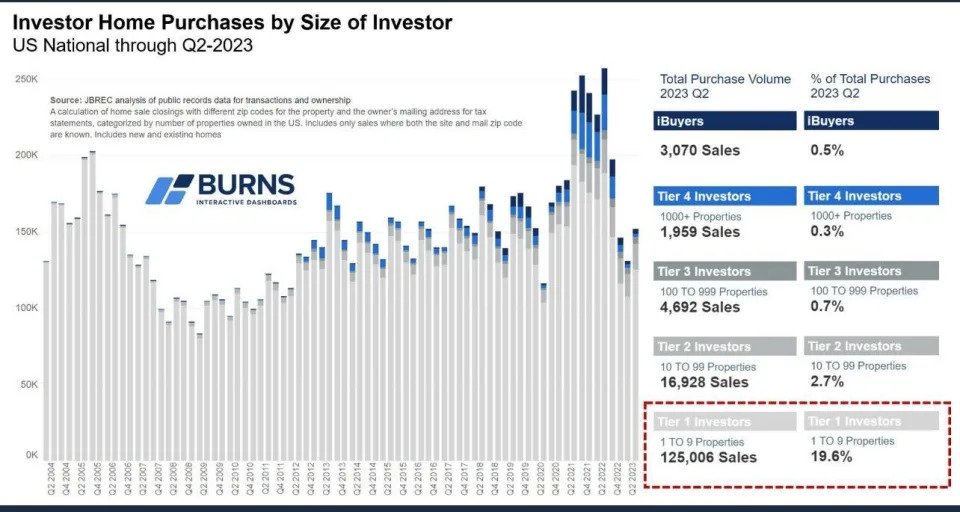- Joined
- Mar 30, 2023
- Messages
- 5,512
- Reaction score
- 10,587
Vienna Austria consistently ranks as the best city on earth in terms of human happiness, prosperity, quality of life and well-being.
Austria is also considered an expensive place to live.
So explain to me how 75% of the housing in Vienna is government owned and rent Is capped at 15-25% of income?
I was told government housing is communism and can't be done. Yet somehow the #1 city on earth is mostly government housing and people pay very little in rent??
Somehow, some way, in 2024 when all major western countries are going through a housing crisis, Vienna is offering affordable housing in the best city on earth. My god what is their magic secret?
It must be because Vienna doesn't have black people. That's what it is. It's definitely not the very specific system of policies that were deliberately put in place to ensure human prosperity. Nope. It's because black people. Don't look into it anyyyy further. We should keep treating housing like we're trading stocks. Don't do anything differently.
The entire country of Austria has about the same population as New York.
And you can call Austria 'socialist' if you want but it's actually a christian conservative country flirting with a return to fascism.



